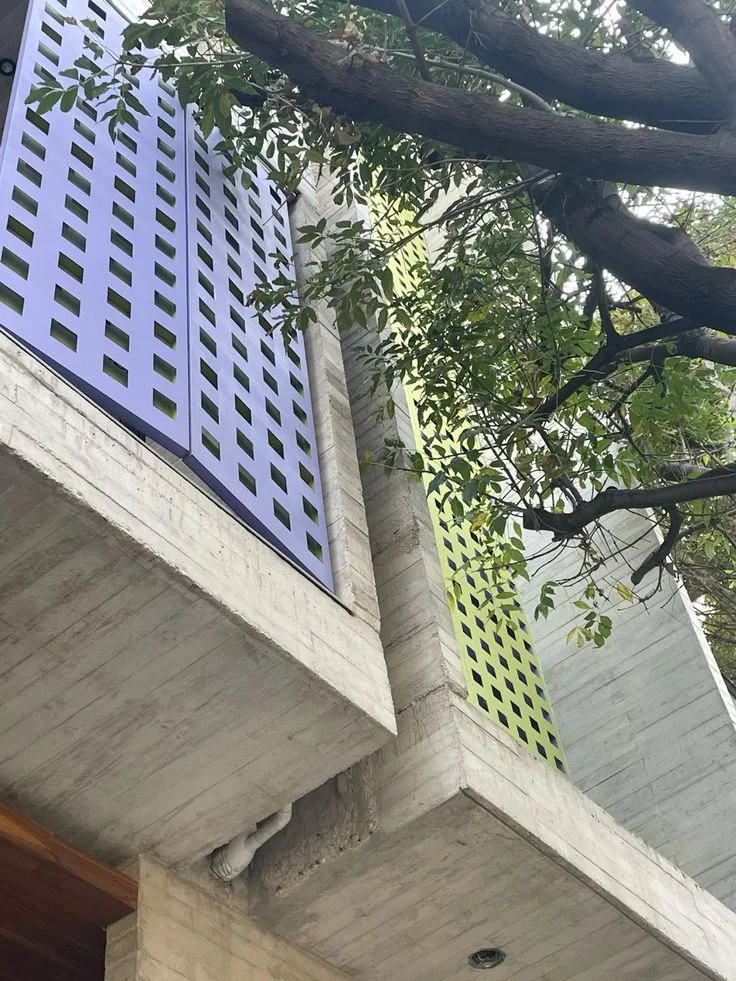Mexico City's Fight to Reclaim the Night Sky: Can We Bring Back the Stars?
Imagine a city so bright, so saturated with artificial light, that the stars themselves vanish. That's the reality for millions in Mexico City. The Milky Way, once a celestial river visible to the naked eye, is now just a faded memory, a story told by grandparents to children who can barely fathom it. But there's hope, a spark of defiance against the encroaching glow.
The Mexico City Congress, in a move that honestly made me pump my fist in the air, approved a reform to the Environmental Law for the Protection of the Earth in Mexico City back in April 2022. Spearheaded by legislator Jesús Sesma Suárez, this reform directly tackles light pollution. It aims to bring back the night, not just for stargazers like myself, but for the birds, the bees, and everyone else whose natural rhythms are thrown off by our incessant need to illuminate everything. It’s a bold step, a recognition that our connection to the cosmos isn’t some abstract luxury, but a fundamental part of our well-being.
A City Blinded by Its Own Light
Omar López-Cruz, a researcher at the National Polytechnic Institute (IPN), put it starkly: Mexico City is "completely off the radar" for astronomical observation. He draws a brilliant analogy, comparing light pollution to the sun itself. Just as the sun's intensity blots out the stars during the day, the relentless artificial light of the city renders the night sky invisible. It's a powerful image, isn't it? Think about it – generations growing up never seeing the Milky Way. It's like being born colorblind to the universe.
But what's driving this relentless illumination? López-Cruz points to our evolutionary fear of the dark. We're wired to seek safety in light, to push back against the unknown. But, and this is crucial, this primal urge has spiraled into an unsustainable addiction. Up to 50% of the lighting in Mexico City is used in unwanted or unnecessary areas! That's not just inefficient, it's a tragic waste of energy and a profound disruption of the natural world. Bird migration is compromised, circadian cycles are disrupted, and residents struggle to get deep, restorative sleep. Is the illusion of safety really worth sacrificing our health, our environment, and our connection to the cosmos? I don't think so.

It reminds me of the early days of the printing press. People feared the spread of information, the potential for chaos and dissent. But ultimately, access to knowledge empowered humanity. Similarly, we need to reframe our relationship with light. It's not about eliminating darkness, but about using light responsibly, intelligently, and with respect for the delicate balance of nature. Imagine if we could harness the power of darkness to inspire awe, wonder, and a deeper understanding of our place in the universe. What if, instead of fearing the night, we embraced it?
Here's a question that keeps me up at night: if Mexico City, one of the largest metropolises on Earth, can tackle light pollution head-on, what's stopping other cities from doing the same? What if we could create a global network of dark sky oases, pockets of true night where the stars blaze with unparalleled brilliance? I saw a comment on Reddit the other day that really struck me: "I went camping in the desert and saw the Milky Way for the first time. It changed my life." That's the kind of experience we need to make accessible to everyone, not just those who can escape to remote areas. According to Why are there no stars in Mexico City’s night sky? - Mexico News Daily, light pollution is a serious issue that affects not only stargazers but also the environment and human health.
Reclaiming Our Cosmic Heritage
This isn't just about astronomy; it's about reclaiming our cosmic heritage. It's about recognizing that we are part of something far grander than ourselves, that the universe extends far beyond the city limits. This reform in Mexico City is a beacon of hope, a reminder that even in the most densely populated urban environments, we can still find ways to reconnect with the night sky.
A Glimmer of Hope in the Darkness
When I first read about this reform, I honestly felt a surge of optimism. It's a reminder that even in the face of seemingly insurmountable challenges, we can still find solutions, we can still create a brighter future – literally and figuratively. The fight to reclaim the night sky is a fight for our planet, our health, and our very souls. Let's hope Mexico City's bold move inspires a global movement to bring back the stars for generations to come.
